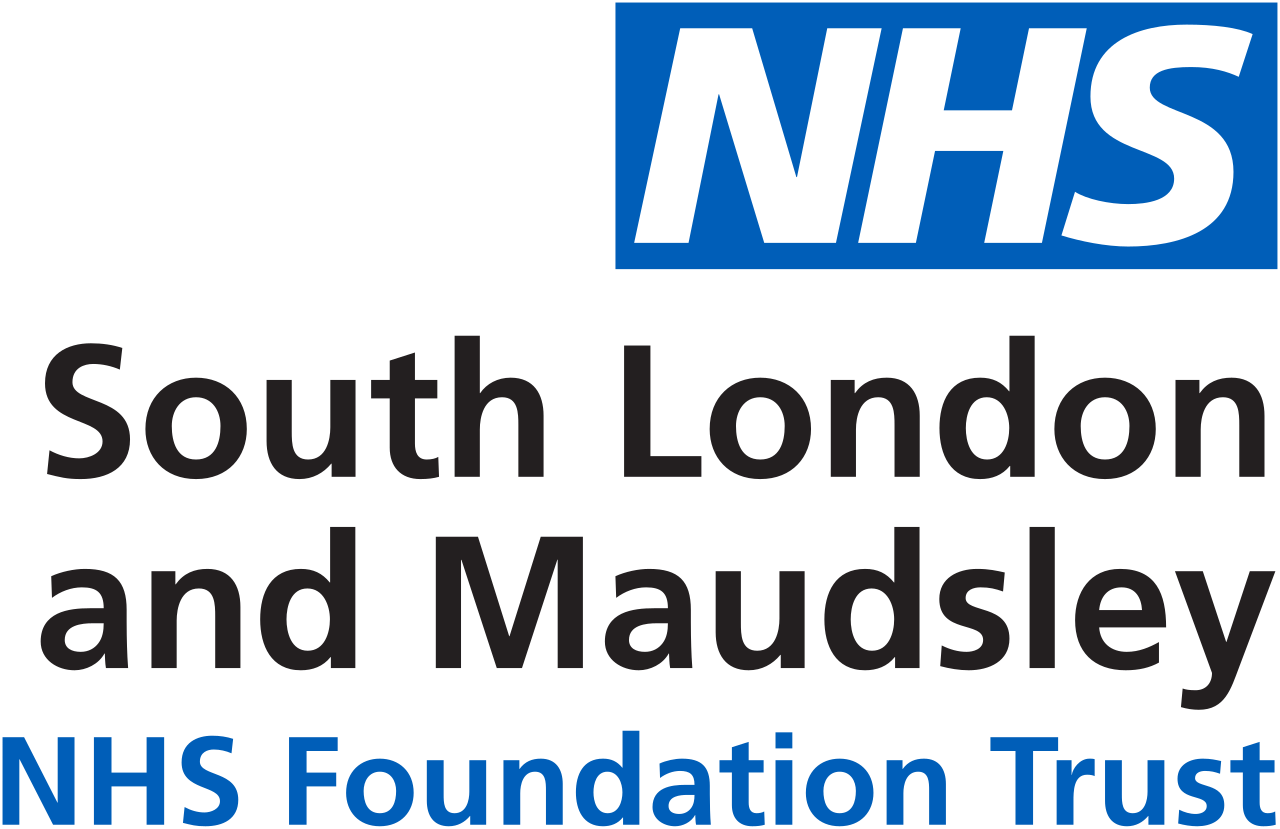Identifying markers of treatment resistance and clozapine response using the CRIS clinical dataset
Research has shown that in schizophrenia, individuals who do not respond to treatment (i.e. those who are treatment resistant) form two major groups: 1) a group with primary treatment resistance, where individuals have never responded to any non-clozapine antipsychotic; 2) those with secondary treatment resistance, where individuals initially responded to antipsychotics but later become treatment resistant. This study aims to understand differences between these two subtypes of treatment resistance in terms of risk factors and response to clozapine, an antipsychotic prescribed when other antipsychotics have been unsuccessful.

